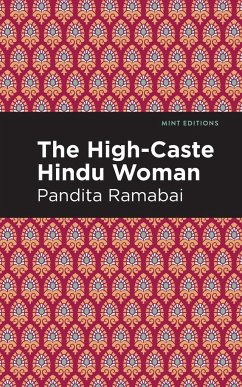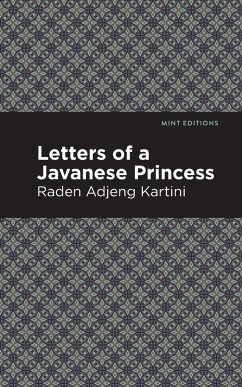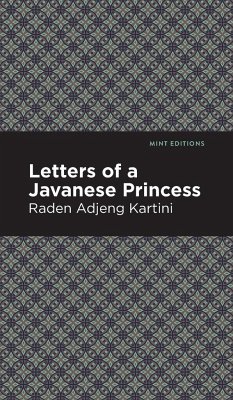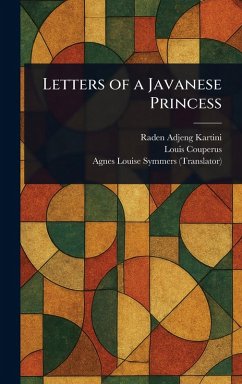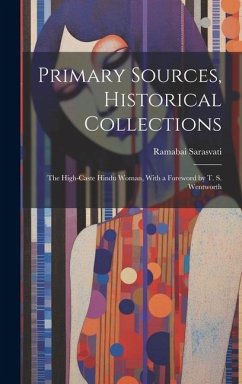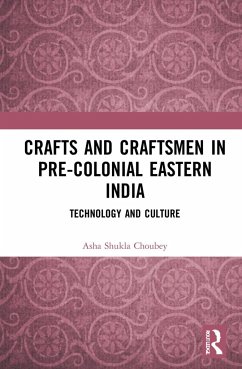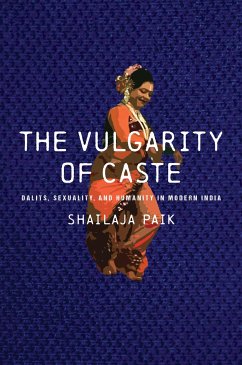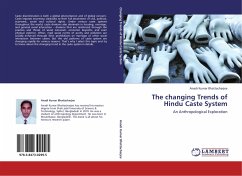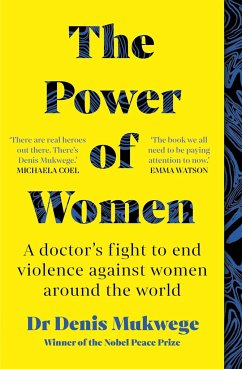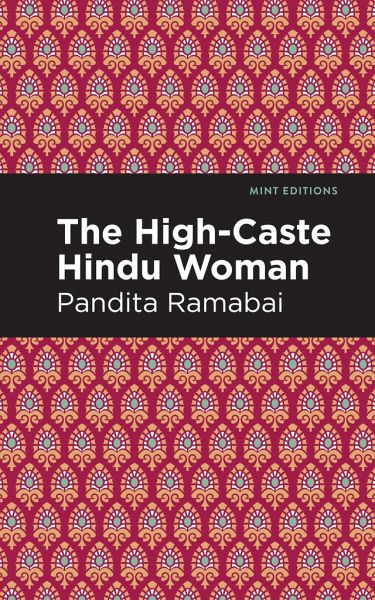
The High-Caste Hindu Woman
Versandkostenfrei!
Versandfertig in über 4 Wochen
12,99 €
inkl. MwSt.
Weitere Ausgaben:

PAYBACK Punkte
6 °P sammeln!
Addressing herself to an American audience, Pandita Ramabai introduces the reader of The High-Caste Hindu Woman to the lives of Indian women fortunate enough to be born into the Brahman caste. Despite their supposedly fortunate status, these women not only suffered from a lack of education, but risked punishment for transgressing the rules of men.




